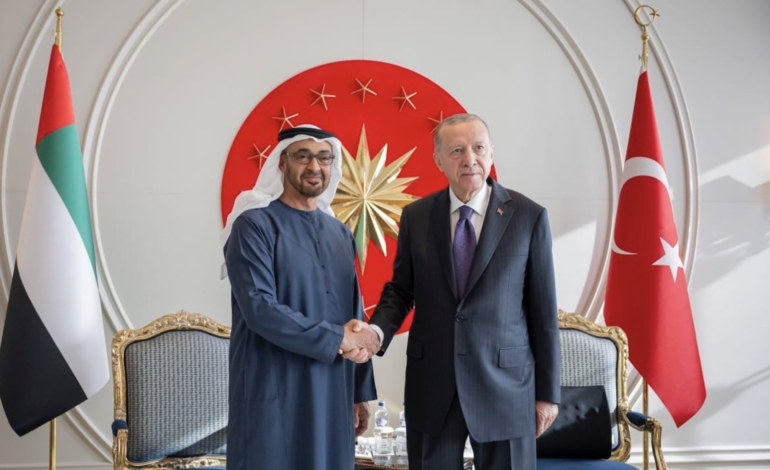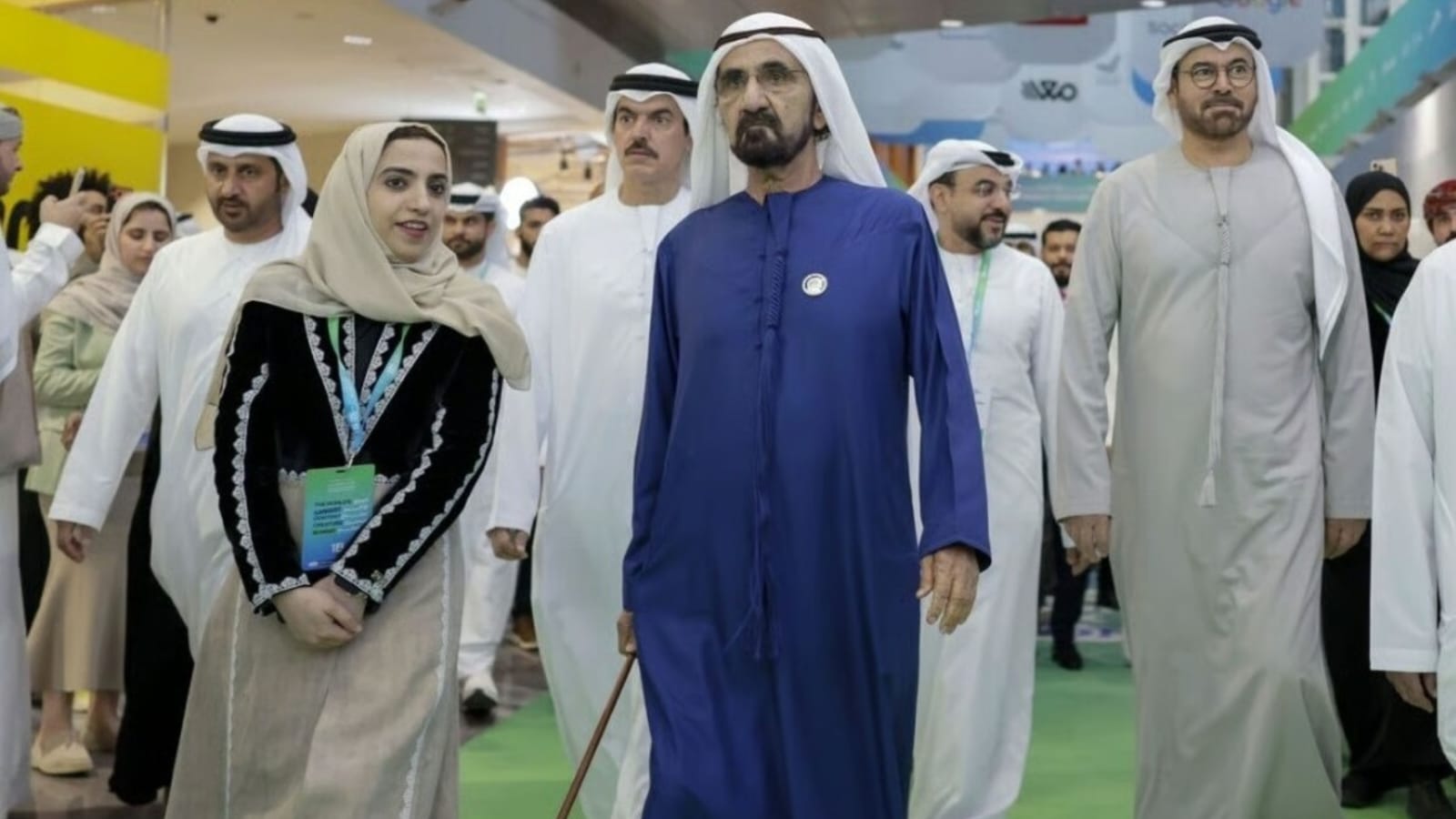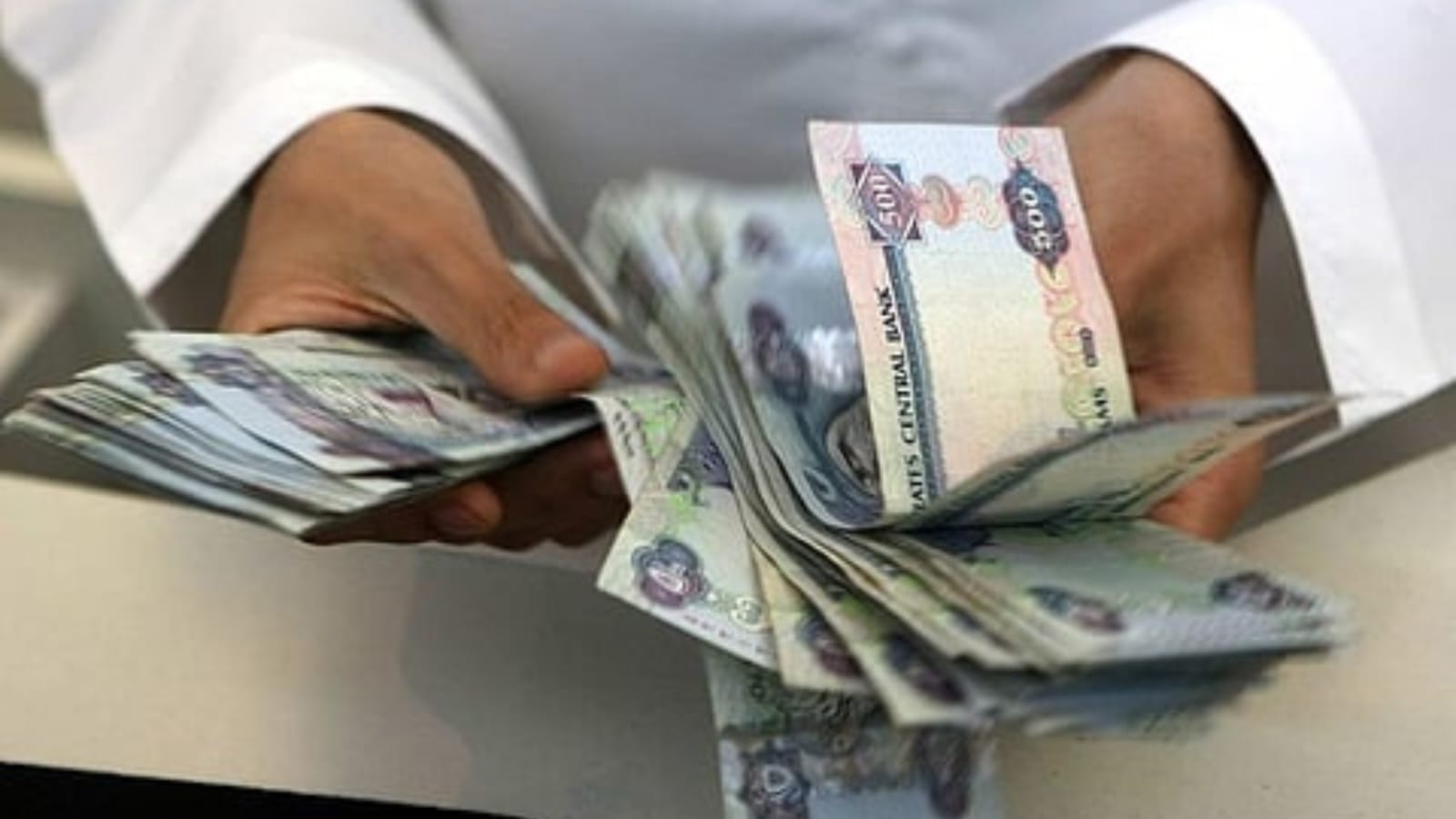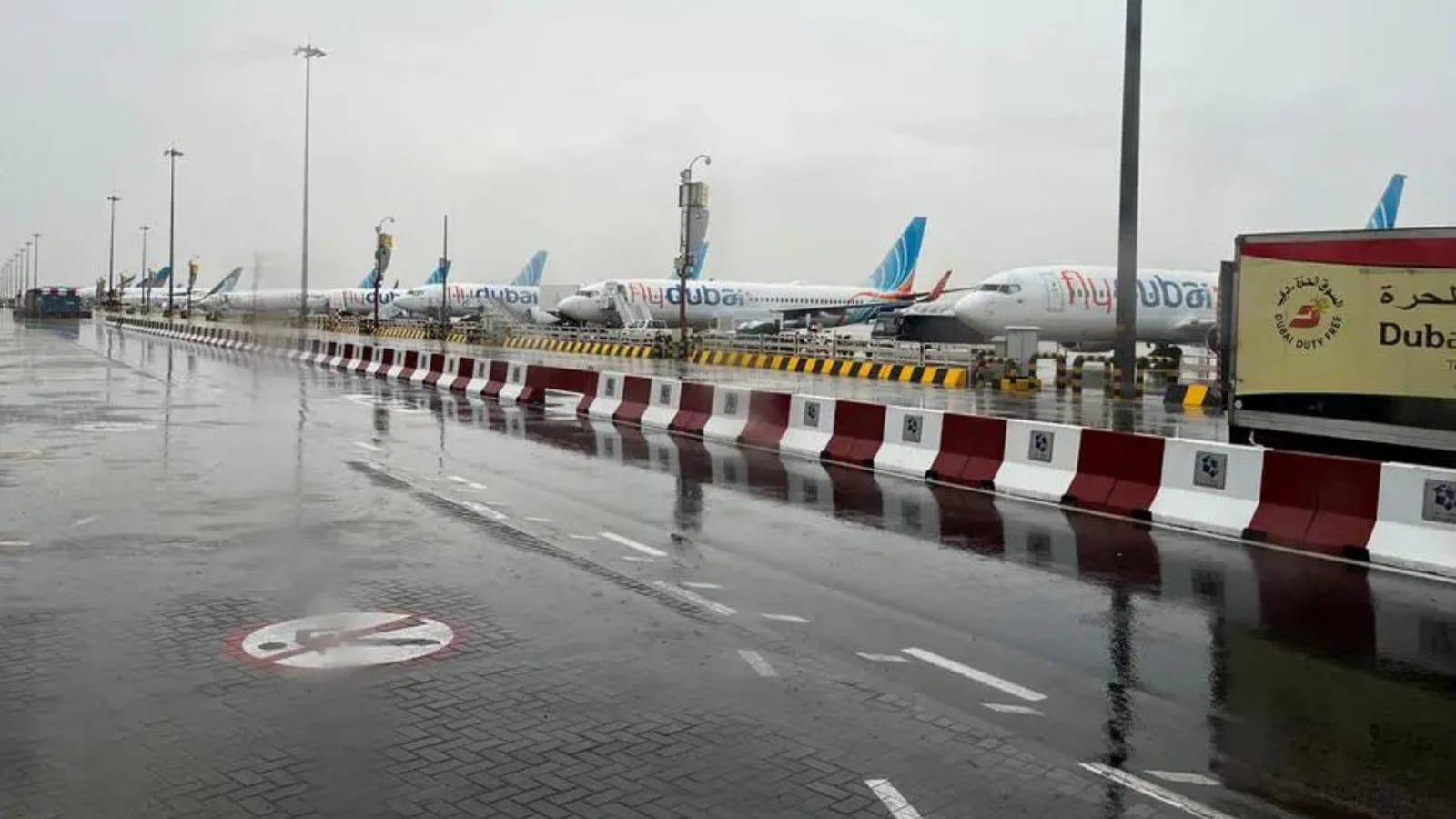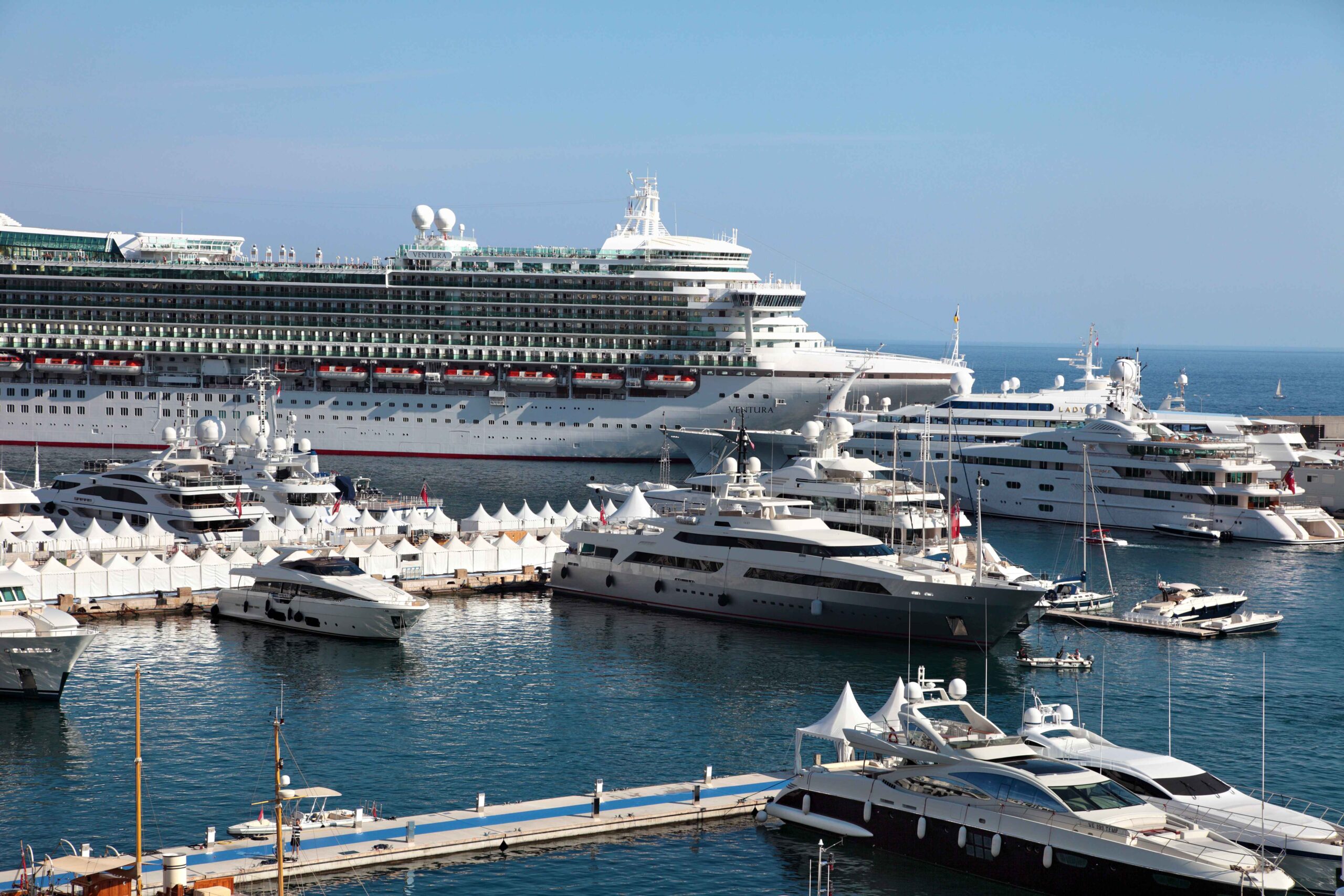In a significant diplomatic development that underscores shifting geopolitical priorities, Türkiye and the United Arab Emirates (UAE) are intensifying their collaborative engagement in Africa. The second round of Türkiye-UAE consultations on Africa is scheduled to take place in Abu Dhabi, as confirmed by the Turkish Foreign Ministry. This upcoming meeting marks a continued effort by both nations to enhance their influence on the African continent through economic cooperation and development-focused investments.
The dialogue, to be co-chaired by Turkish Deputy Foreign Minister Burhanettin Duran and UAE’s State Minister for Foreign Affairs, Shahbut bin Nahyan Al Nahyan, aims to build on the foundation laid during the initial round of consultations held in Ankara on October 10, 2023. The continuity in these high-level discussions indicates a shared long-term vision between Ankara and Abu Dhabi regarding the importance of Africa in global diplomacy, trade, and sustainable growth.
Historical Context of Türkiye-UAE Africa Consultations
The idea of institutionalizing consultations on African matters emerged from the meeting between Turkish President Recep Tayyip Erdoğan and UAE officials during his landmark visit to the Gulf nation in February 2022. The visit itself was a diplomatic milestone, paving the way for the resumption and expansion of bilateral relations that had experienced turbulence in previous years due to regional disagreements and foreign policy divergences.
Since then, both nations have identified Africa as a strategic platform where mutual cooperation can flourish without the entanglements of direct political rivalry. With Türkiye’s growing engagement in African development, trade, and peacekeeping, and the UAE’s increasing investments in infrastructure and energy, the continent has emerged as fertile ground for collaborative diplomacy.
Scope and Goals of the Second Consultation
The second round of talks in Abu Dhabi will go beyond routine diplomatic courtesies. Both delegations are expected to review the developments in Africa, especially in countries where either Türkiye or UAE has an established presence or economic interest. This includes regions such as East Africa, West Africa, and the Horn of Africa—areas that have recently witnessed political instability, economic volatility, and environmental challenges.
One of the primary goals of the consultation is to identify potential sectors for joint investment—ranging from agriculture and renewable energy to logistics and digital innovation. Additionally, there will be a focus on knowledge-sharing and developing sustainable practices that align with the United Nations’ Sustainable Development Goals (SDGs).
The Turkish side is expected to showcase its soft power initiatives, including education exchanges, humanitarian aid, and infrastructure projects that have already been launched in countries like Somalia, Sudan, and Nigeria. The UAE, on the other hand, will likely emphasize its financial clout and extensive investment portfolio in African startups, construction, and logistics sectors.
Africa at the Center of Modern Diplomacy
Africa, with its youthful population and untapped economic potential, is becoming an increasingly vital part of the global diplomatic chessboard. Both Türkiye and UAE view the continent not merely as an economic frontier but as a region that plays a central role in shaping the global order. This has led to a noticeable uptick in high-level visits, summits, and forums centered around African development over the past five years.
Türkiye has opened over 40 embassies across the African continent and has seen its bilateral trade with Africa surpass $30 billion annually. The UAE, meanwhile, has been investing heavily in African ports, energy infrastructure, and digital banking systems. By aligning their efforts, both nations are attempting to form a model of cooperation that brings together diplomatic outreach with tangible, on-ground results.
The Abu Dhabi consultation may also include discussions on regional peace and stability. Recent developments in countries like Ethiopia, Sudan, and the Democratic Republic of Congo have underscored the need for proactive international partnerships. Both Türkiye and UAE have shown interest in acting as mediators and partners in post-conflict rebuilding efforts, especially in regions where Western influence has waned or become controversial.
The Broader Strategic Calculations
The evolving Türkiye-UAE cooperation is also a reflection of broader changes in Middle Eastern diplomacy. Once fierce competitors backing rival factions in conflicts such as Libya and Egypt, the two nations have moved toward a more pragmatic partnership. The thaw in relations has allowed both countries to recalibrate their foreign policies with an eye on shared interests—especially in regions outside the Middle East.
Africa represents an ideal space for this experimentation. Not only does it offer vast natural resources and growing markets, but it also presents fewer political landmines compared to the Middle East. Moreover, Africa’s relative neutrality in global conflicts makes it a suitable ground for coalition-building and long-term strategic planning.
The decision to hold periodic consultations signifies a desire to institutionalize this bilateral collaboration. It is not just a symbolic act but a structural shift toward more coherent and continuous dialogue on a region both countries now consider essential.
Economic and Developmental Impacts
The outcome of these consultations has real-world implications for African nations. Increased investment and diversified trade partnerships mean more job creation, infrastructure development, and access to technological advancements. For Türkiye and UAE, it also means deeper penetration into markets that are still emerging and less saturated compared to Europe or Asia.
For instance, UAE’s investments in African ports and Türkiye’s role in constructing hospitals and schools provide a complementary model of influence—one rooted in both financial power and humanitarian outreach. Together, they can create synergy that is beneficial for African governments seeking alternative partnerships beyond traditional Western aid models.
Future Prospects
Looking ahead, the Türkiye-UAE partnership on Africa could evolve into a trilateral model that includes African stakeholders in future rounds of consultations. This would not only legitimize their initiatives but also align them more closely with local needs and priorities.
Both countries are also expected to encourage private-sector involvement. Major Turkish construction firms and Emirati logistics companies have already been making inroads in several African countries. A coordinated effort backed by diplomatic support could lead to the establishment of joint ventures and cross-national infrastructure projects.
If successful, this collaboration could serve as a blueprint for similar partnerships across the Global South—demonstrating how former rivals can turn mutual interests into strategic cooperation for regional and global benefit.

